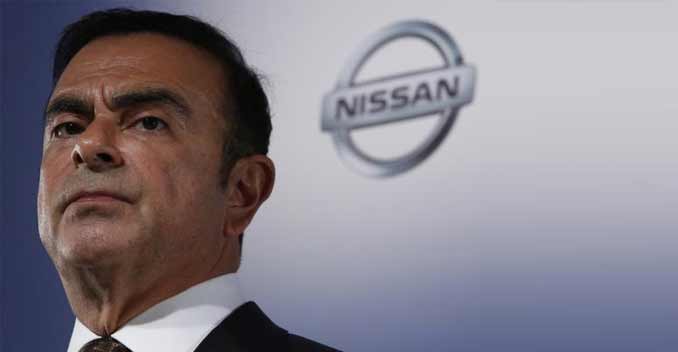India Will Be Global Manufacturing Hub For the Renault Kwid

Highlights
When he was in India last May to unveil the Kwid, Mr Ghosn had told NDTV that his intention was for India to serve as the lead market on the Kwid, perhaps even supply some of its parts to other plants, but that the Kwid would essentially be made elsewhere too. That position has now altered, possibly on the back of two key achievements by Renault - keeping costs in check on the Kwid manufacturing as a whole and also stitching up a competent and large-volume supplier base for the car in the vicinity of the Chennai plant that makes the Kwid -which now enjoys 97% localisation according to Ghosn.

Mr Ghosn says that the Alliance is working on a number of new models across categories for the Indian market. He still sees massive potential in India as car penetration is still at 20 cars per 1000 people (China has 100/1000 and USA has 800/1000). The Kwid is based on Renault's CMF-A platform, which is tied to the Alliance's larger Common Modular Family platform strategy. There will be other Renault and Nissan compact vehicles rolling off on the same platform no-doubt, and India is now likely to also take the lead on the CMF-A as a whole in the future. Ghosn is also bullish on India as he feels Prime Minister Modi has been a 'pro-business force' for multi-national companies doing business in India.
Also Read: Renault Kwid Review
Like other car company CEOs, Ghosn has been under pressure off late given the slowdown in China that is adversely affecting not just his brands but the auto industry as a whole. Oil and commodity volatility remains another source of worry. Despite this Ghosn says he is optimistic about 2016. He says that the USA, China and India will be the key markets driving growth for the global automobile industry. Ghosn forecasts that Brazil and Russia are likely to see big dips in growth of sales. He has also reiterated at Davos, that Renault-Nissan will stay committed to an earlier announcement on launching a mass-market and mass-produced electric vehicle by 2020. He has also said that the big issue in self-driving cars is not the technology, but safer roads and rules to support it - something governments and manufacturers need to work towards.
Last Updated on January 21, 2016


















